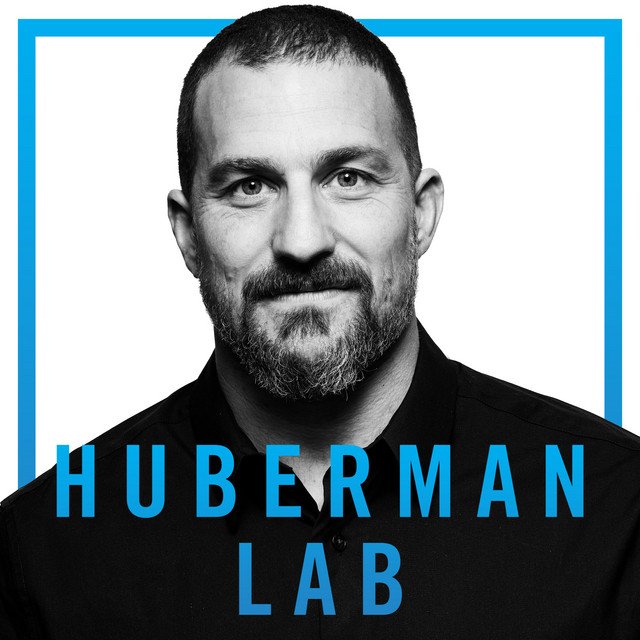Break Back to Back
/Guess what! Back to back virtual meetings cause elevated stress levels. Recent research from Microsoft confirms it, but none of us are surprised. Anyone who has leapt from one “Brady Bunch” screen to another has felt it.
Microsoft scanned the brains of 14 people as they went back-to-back, compared to taking a 5 to 10 minute break between meetings. Back to back = elevated and sustained stress levels (Red/Yellow scan). Short breaks = minimal stress (Blue scan).
And while the research focuses on virtual meetings, I reckon it would hold true for face to face ones as well (although at least there is a short decompression as you move from one to the other.)
Elevated stress smashes our ability to think, decide, solve, communicate, and collaborate. Most of those meetings require one or more of these from us. As a survival instructor, creating ‘task saturation’ was a really easy way to create duress for a team on a survival course. Impose a tight deadline, swamp them with information, ask for clear decisions and plans, hit them with distractions and before long the stress levels are through the roof and mistakes are made. That adds even more pressure, as now the team has to solve problems it has created for itself. Now add conflict (or at least friction/tension) as people get shorter and sharper with each other. Does this sound familiar?
We can do better. And we need to. This stuff has a direct impact on bottom line. In Australia there have also been recent changes to Work Health and Safety that put greater responsibility for workplace mental health and wellbeing on employers. This stuff has a pretty clear cause and effect chain. There are known health consequences of sustained levels of unhealthy stress. Back to Back environments may well end up in similar territory of allowing employees to operate in dangerous environments when fatigued. In a tight recruitment market, being a better place to work will also be a competitive edge. Proactively addressing this problem makes sense on many fronts.
Potential system solutions:
Set calendar systems to make meetings 25 min rather than 30, or 50 min rather than 1hr.
Set 2 or 3, 15 to 20 minute break blocks per day where none can book anyone for anything.
Potential style solutions:
Have some meetings standing up/walking, and outside.
Lead by example. Take mini breaks. Encourage others to do the same.
Potential working solutions:
Give people greater say in the meetings that they attend, or at least ask ‘why do we need this meeting?’
Get clear about what the meeting is for. If it’s not clear, can it.
People are generally experiencing higher than normal levels of fatigue, stress and burnout. “Push Through!” is a valid answer in short burn situations. It doesn’t work in longer burn ones.
Let’s create an environment where we all scan ‘Blue’.




















